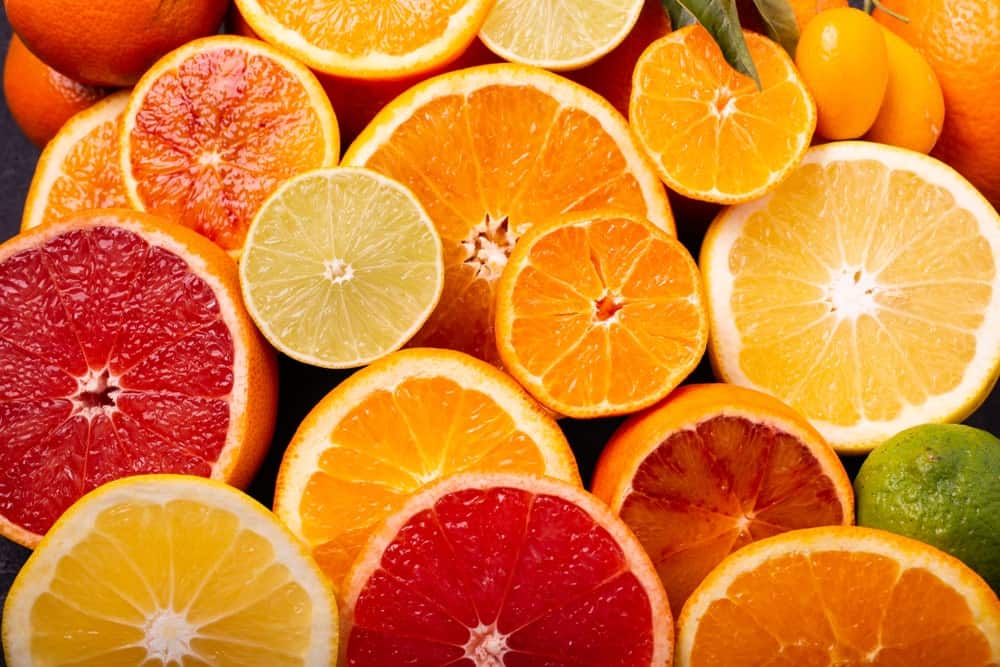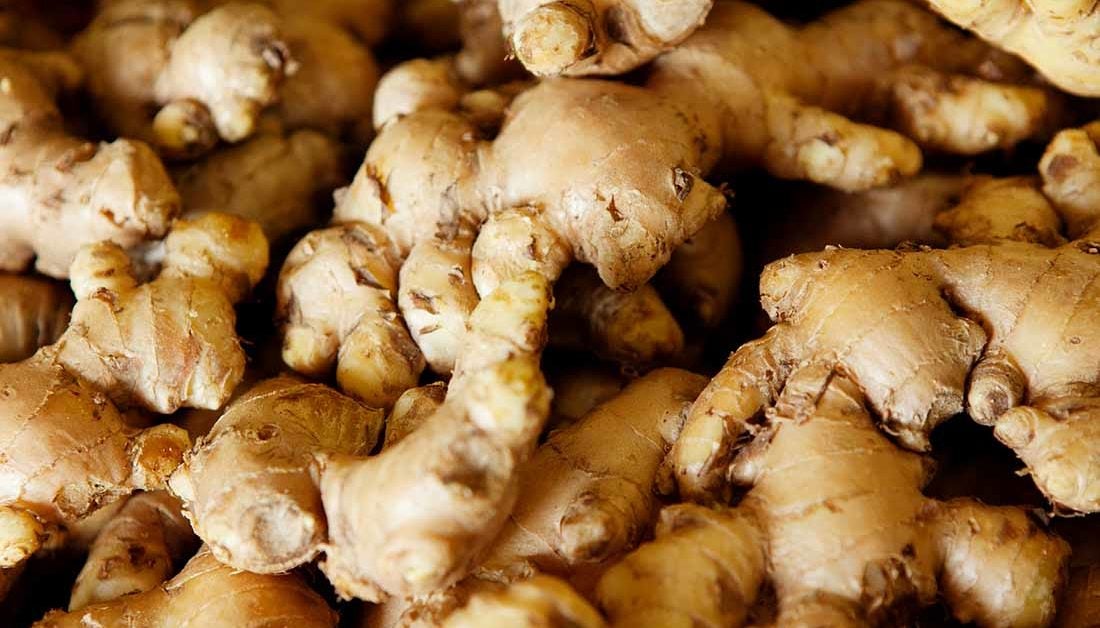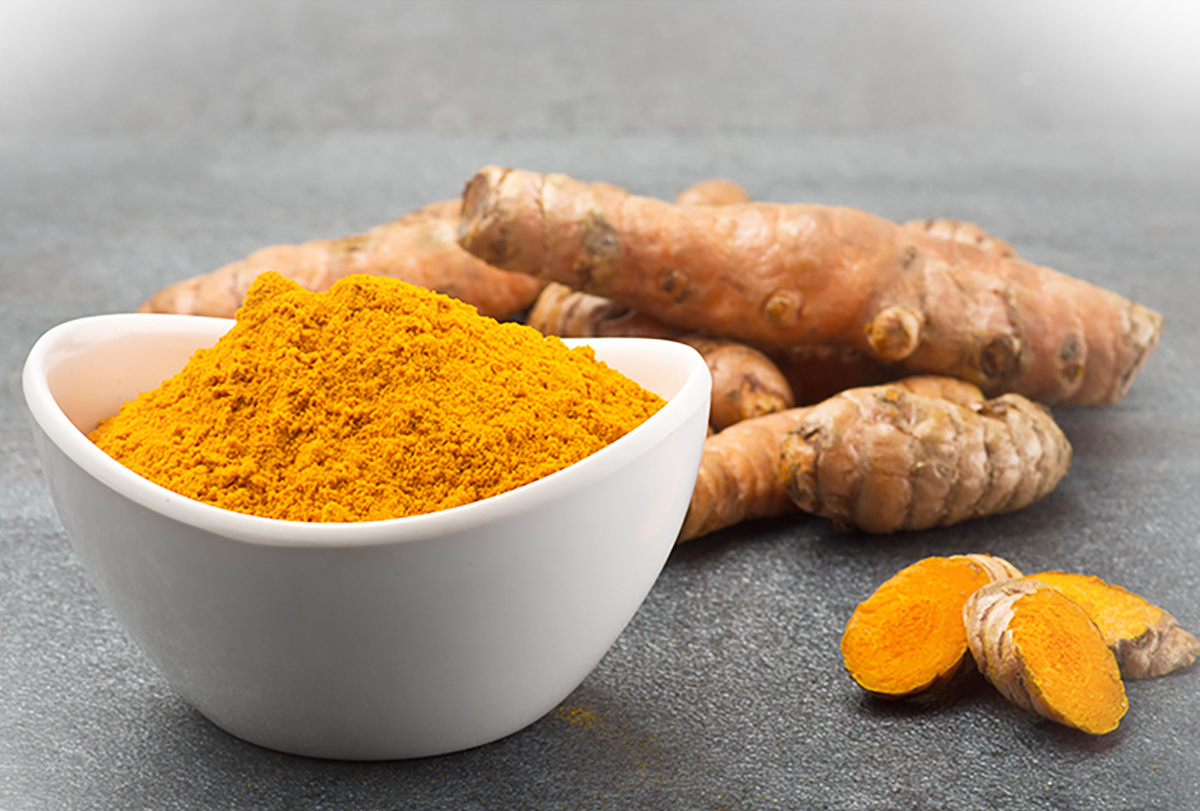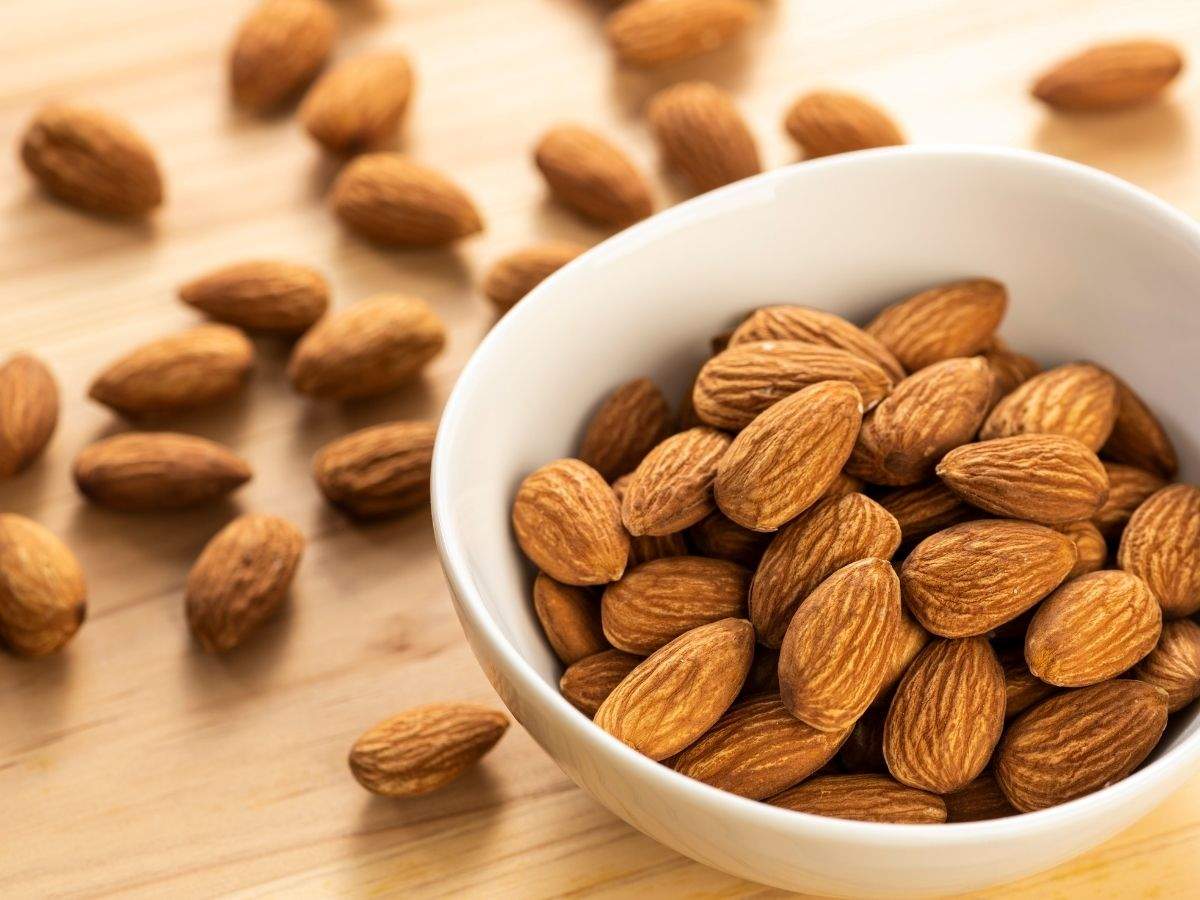As the entire world is dealing with a deadly pandemic, which has taken over our life for the past year and a half, most of us have been compelled to work or study from home. This means that we all have to stay home and stay healthy. How can you stay healthy and increase your immunity to fight against this virus? I’ll tell you. Good nutrition is crucial for health, particularly in times when the immune system might need to fight back. Due to the current situation all over the world, there may only be limited access to fresh foods. This may compromise opportunities to continue eating a healthy diet. It can also potentially lead to an increased consumption of highly processed foods. But the good news is, even with few and limited ingredients, you can continue eating a diet that supports good health.
Eating the correct food can help increase your immunity and help reduce anxiety. Those are the two main things that we have to work on to get through this pandemic. Eat these foods now for a stronger immune system, whether you are dealing with COVID-19 or another potential disease that requires your body to be healthier now and later. That includes almost every disease known to man. To be healthier, meaning to build cells that are able to function without bombardment from toxins, oxidization, infection, and internal destruction, plant-based foods are your best bet. Let’s find out which foods to eat:
Citrus fruits:

Your body does not produce vitamin C, which means you need to get it daily to have enough to create healthy collagen. Vitamin C is a water-soluble nutrient found in leafy greens and citrus, especially grapefruit, oranges, tangerines, lemons, limes, and clementines. It acts as an antioxidant, protecting cells from damage caused by free radicals. The recommended daily amount is 65 to 90 milligrams a day, which is the equivalent of one small glass of orange juice or eating a whole grapefruit.
Red peppers:

This pumps up your skin and boosts your immunity with twice the amount of Vitamin C. One medium-sized red bell pepper contains 152 milligrams of vitamin C. Peppers are also a great source of beta carotene, a precursor of vitamin A. Vitamin A is important for healthy skin, your mucous membranes and your immune system. Beta carotene helps keep your eyes and skin healthy too. You should try to get 75 to 180 micrograms a day which is the equivalent of one medium bell pepper a day.
Garlic:

Garlic isn’t just a great flavor-enhancer, it’s essential for your health. Ancient humans used garlic to fight off infections. Garlic’s immune-boosting properties are tied to its sulfur which contains compounds, such as allicin. Allicin is used to improve your immune cells’ ability to fight off colds and flu, and viruses of all kinds. The optimal amount of garlic to eat is two to three cloves a day.
Ginger:

Ginger is another ingredient that has powerful properties when it comes to fighting off illness. It has been shown to decrease inflammation, which can help if you get swollen glands or a sore throat or any inflammatory ailment. Most recommendations land on 3–4 grams of ginger extract a day, or up to four cups of ginger tea.
Turmeric:

turmeric is known for its anti-inflammatory qualities. Turmeric bolsters the immune system by stimulating antibody formation. take 500-2,000 mg of turmeric a day to help fight inflammation and power up your immune system.
Protein:

Specific amino acids found in protein are essential for T-cell function, which are cells that protect the body against pathogens. Beans, nuts and seeds all have lots of protein.
Almonds:

pop them like candy. Vitamin E in almonds will help ward off colds and flu and keep your immune system in check.
Papaya:

Papaya delivers over twice your recommended daily amount of vitamin C in one fruit. It contains an enzyme called papain that has anti-inflammatory effects. Inflammation is one factor in most illnesses, so avoiding it can help your body fight off bacterial infections like sinusitis. Papayas also contain potassium, vitamin B, and folate, which is a powerful cell rebuilder. The recommendation is 400 micrograms a day. If you do not like papaya’s, you can get it from legumes, spinach and avocados.
Kiwi’s:

Kiwi’s are a Vitamin powerhouse. They are full of folate, vitamin K, vitamin C, and potassium. These vitamins in combination work in the body to build healthy cells, fight infection and keep your immunity going. Vitamin K deficiency is rare but when people don’t have enough they suffer from weak bones and compromised immune systems. The inflammation system in the body is also dependent on vitamin K, especially your killer T cells that mobilize and fight cancer and other diseases. Women should get 90 micrograms a day, and men should have 120 micrograms.
Sunflower Seeds:

sunflower seeds are especially healthy since they provide phosphorus, magnesium and vitamin B-6 as well as vitamin E. Your immune system needs vitamin E to function at full capacity. How much should you eat in a day: Anywhere from 1 ounce (30 grams) per day to a healthy handful.
Wrapping Up:
It is said that you are what you eat. So eat foods that help boost your immunity and help you stay fit.
Read more on how yoga can boost your immunity.


